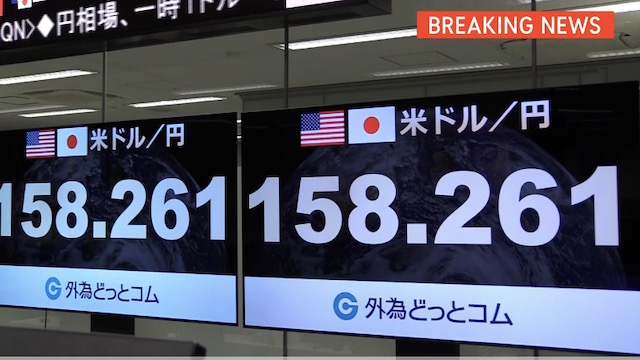Mar 19 (Nikkei) - Japan's relatively restrained approach to testing for the novel coronavirus has engendered public frustration, especially as neighboring South Korea makes a massive push with drive-through tests.
So why did Japan take the path it did? Not because its testing capabilities are lacking, but because experts trying to create the best possible data set have a fundamentally different perspective from laypeople who want a medical solution now.
Diagnosis of COVID-19 infections is done via a process called polymerase chain reaction.
Japan has run so few tests because the Ministry of Health, Labor and Welfare initially chose PCR testing not as a "medical procedure," but for an "epidemiological investigation" to curb the outbreak's spread.
Early detection is often touted as key to obtaining the best outcome for any disease. It broadens treatment options, and the risk of worsening or leading to death usually declines.
But this holds only when there are cures. For diseases without them, such as COVID-19, early detection does not necessarily lead to early treatment. Testing by itself is of less value in strictly medical terms than one might think.
Yet as Japan struggled to contain the outbreak, and as the epidemic morphed into a fast-spreading pandemic, fear and discontent erupted among ordinary people, who asked why the country was "undertesting."
The National Institute of Infectious Diseases, which has been in charge of PCR tests, published a statement by chief Takaji Wakita on its website March 1.
It rebutted accusations of trying to make the number of infections look small by curbing tests, saying such claims are based on factual errors.
The medical term "active epidemiological investigation" repeatedly appears in the statement. This bit of jargon is key to understanding the go-slow approach of the health ministry and the NIID.
When a new infectious disease breaks out, an epidemiological investigation is conducted to obtain a full picture, including its characteristics and spread.
The investigation examines the health of infected people, those who have had close contact with them, and those suspected of becoming infected.
This differs from the medical practice of testing and treating each patient. The focus is on protecting society as a whole, including through exploring infection prevention measures.
With the focus on epidemiological investigation, the NIID's initial response to the outbreak was to use its own testing procedures, with equipment of its choosing, rather than using kits from pharmaceutical giant Roche.
The NIID feared that if private-sector companies started conducting tests with the Roche kits, differences in the quality of testing would make it difficult to gather the accurate data vital to epidemiological research. This concern hobbled its efforts to ramp up the nation's testing capacity for the new coronavirus.









